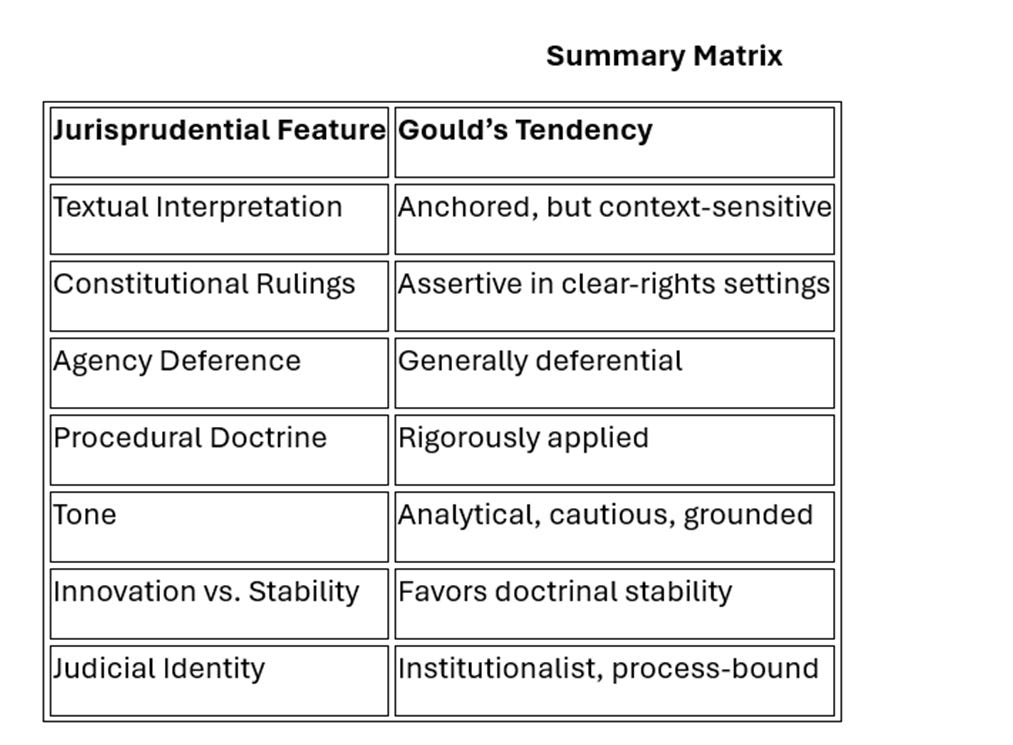August 4, 2025
Ninth Circuit Court Blocks Trump's Executive Order on Birthright Citizenship

In a landmark decision, the Ninth Circuit Court has ruled against Executive Order No. 14160, issued by President Trump in January 2025, which sought to restrict birthright citizenship. This order aimed to deny U.S. citizenship to children born in the United States to parents who were either temporarily or unlawfully present. The case, titled State of Washington, et al. v. Trump, et al., attracted widespread attention as it marked the first appellate scrutiny of the President’s controversial attempt to reshape the citizenship landscape.
Judge Gould, representing the majority, concluded that the Executive Order is unconstitutional, affirming that the Fourteenth Amendment clearly guarantees citizenship to all persons born in the United States and subject to its jurisdiction. This interpretation aligns with the longstanding precedent set by United States v. Wong Kim Ark (1898), which unequivocally supports birthright citizenship irrespective of parental immigration status.
The court's decision emphasized the textual fidelity to the Constitution, stressing that the Citizenship Clause is not open to reinterpretation by executive order. Gould’s opinion was robust in its defense of historical precedent and the original understanding of the Fourteenth Amendment, which was fundamentally designed to eliminate racialized exclusions from citizenship.
In contrast, Judge Bumatay dissented in part, questioning the standing of the states involved and suggesting that the court might be overstepping its boundaries. His dissent underscores a significant divide within the judiciary regarding the interpretation of constitutional rights and the appropriate scope of judicial review.
The ruling also upheld a universal preliminary injunction issued by the district court, effectively blocking the enforcement of the Executive Order across the nation. This decision not only prevents immediate implementation of the order but also sets a significant judicial barrier against similar future attempts to restrict citizenship rights through executive action.
The Ninth Circuit's ruling is pivotal, as it reinforces the judiciary's role as a critical arbiter in the checks and balances system, particularly in matters where constitutional protections are perceived to be at risk. It also highlights the ongoing judicial commitment to uphold established legal precedents against transient political pressures.
This decision is likely to be appealed to the Supreme Court, given its significant implications on immigration policy and constitutional law. As the legal battles continue, this case remains a key focal point in the national dialogue about citizenship, rights, and the interpretation of the Constitution in modern America.